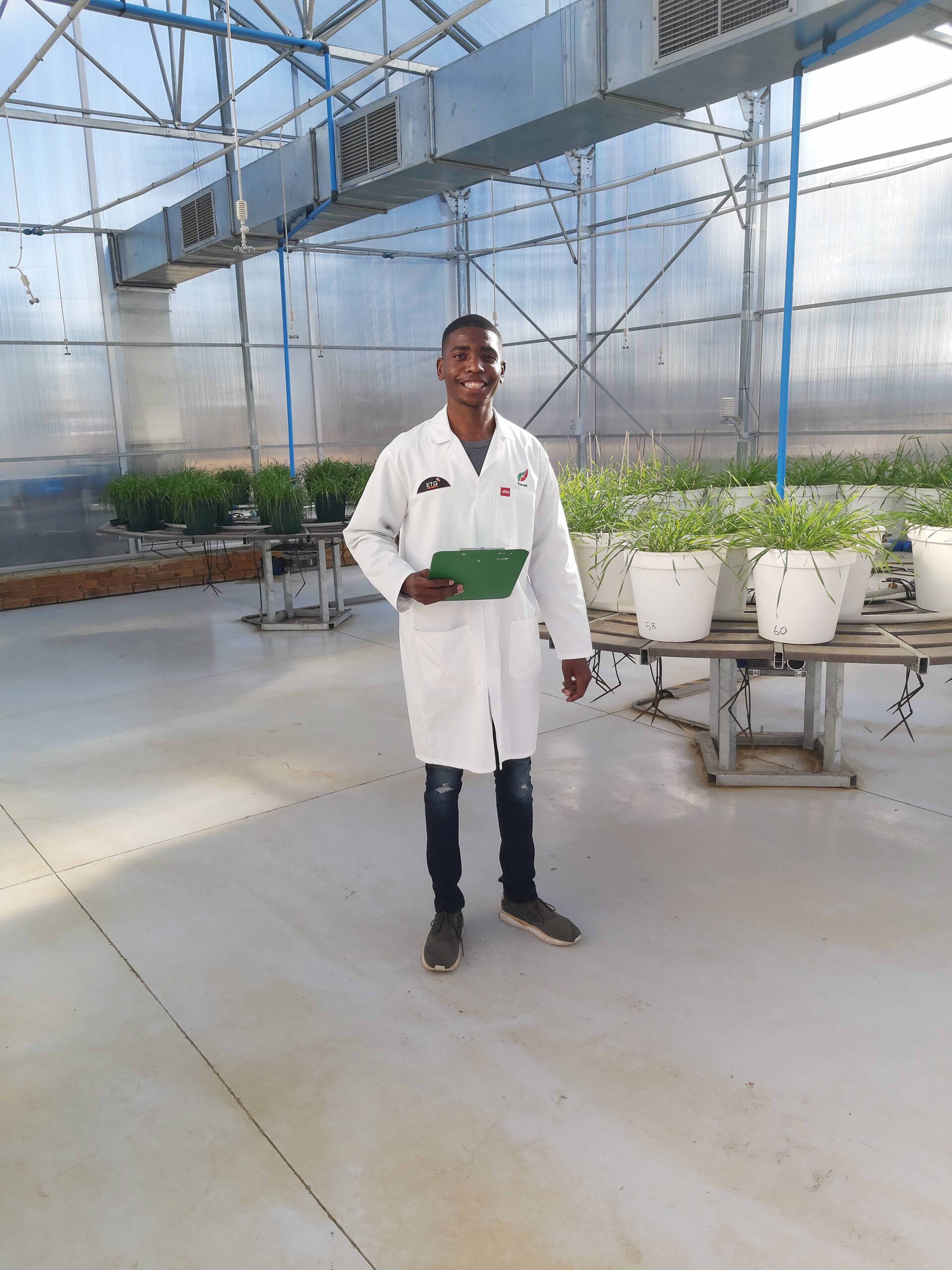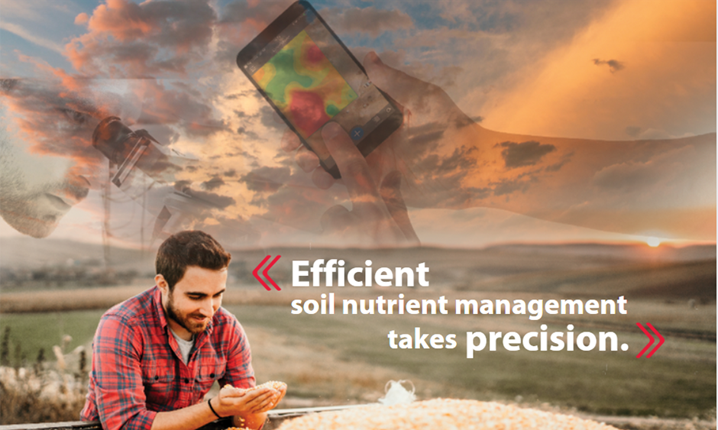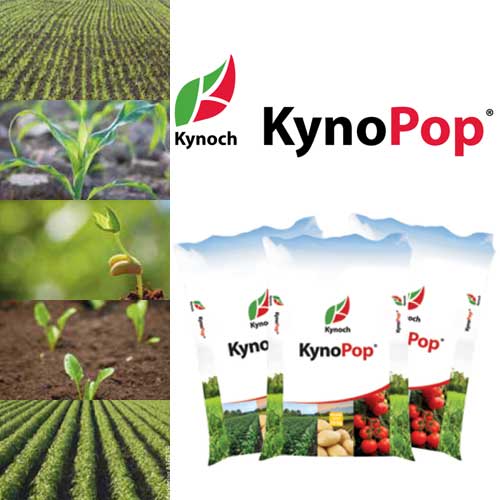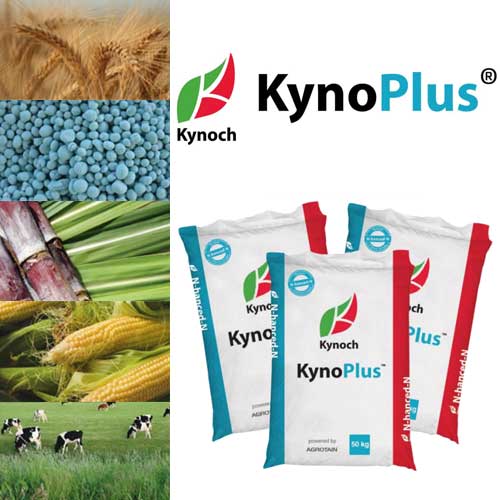Effective Potato Fertilizer
06/01/2022
Ensure Your Plants Have Enough Essential Micronutrients
23/08/2022Soil Analysis is the Key to Successful Plant Nutrient Management
Following centuries of practical farming and agricultural research, we have amassed a wealth of knowledge regarding the nutritional requirements for sustainable, healthy plant growth. For example, we are now aware of the many advantages of applying commercial fertilizers with a well-balanced nutrient content rather than depending on the random composition of compost and animal manure. However, we sometimes forget that soil composition is frequently just as inconsistent. In practice, an accurate soil analysis should be the starting point when attempting to optimise plant nutrition.
What Your Plant Needs
The requirements for photosynthesis extend far beyond water, carbon dioxide and sunlight. For example, green plants require nitrogen and magnesium to synthesise chlorophyll. These crucial nutrients can become exhausted by a crop or leached away by heavy rainfall. Consequently, these elements will need to be replaced before the next planting. But how much of each will be required? Too much nitrogen can cause iron deficiency characterised by a yellowing of the leaves. It can also leave plants more susceptible to fungal and bacterial diseases. Performing a soil analysis before you select your fertilizer will eliminate these and other adverse effects due to nutrient deficiency or excess.
How a Soil Analysis is Conducted
The first step in this two-step process is sampling. The sample you submit for testing is small compared with the area of your field, so it needs to be as representative as possible. In practice, you need to collect multiple samples from randomly-chosen locations. You will then need to air-dry them for two or three days or keep them refrigerated before delivering them to the laboratory. Once there, a technician will perform the necessary tests. Those conducted during a soil analysis may vary between labs but typically include texture, electrical conductivity as a measure of salinity, pH plus nitrogen, phosphorus and potassium concentration. In addition, calcium, magnesium, sodium and sulphur levels are customarily measured. Secondary studies such as the cation exchange capacity of the metallic elements can indicate the soil’s ability to retain nutrients. Armed with the details of your soil’s composition, you can now determine the necessary steps to create a balanced nutrient environment suitable for your proposed crop.
Despite its undeniable value, conducting a soil analysis is a time-consuming and exacting process. Furthermore, interpreting the results to compile a suitably balanced fertilizer requires an in-depth knowledge of plant nutrition. Consequently, many busy farmers prefer to outsource the entire process to an expert.
Kynoch is a leader in the field of plant nutrition management. We can compile a customised programme to cover each phase of plant growth and the related nutrient requirements ensuring healthy crops and maximum yields. Please click here to learn more about our farm visits and comprehensive soil analysis service.






.png?v=1594369838025?v=1594369838026)